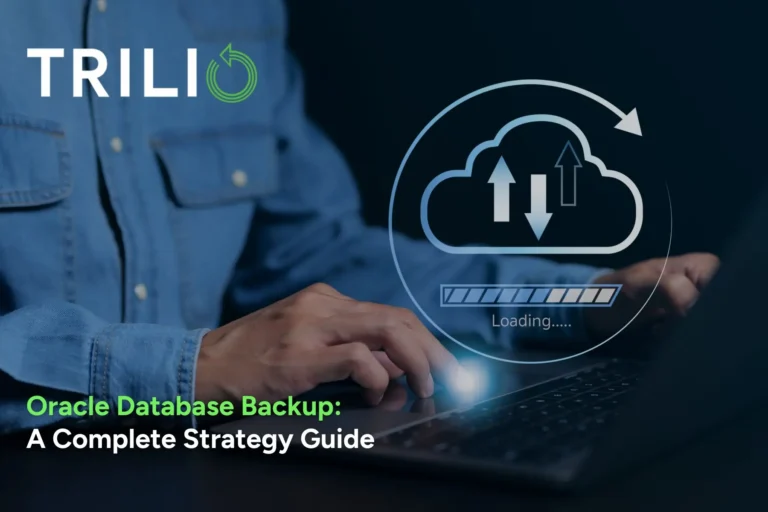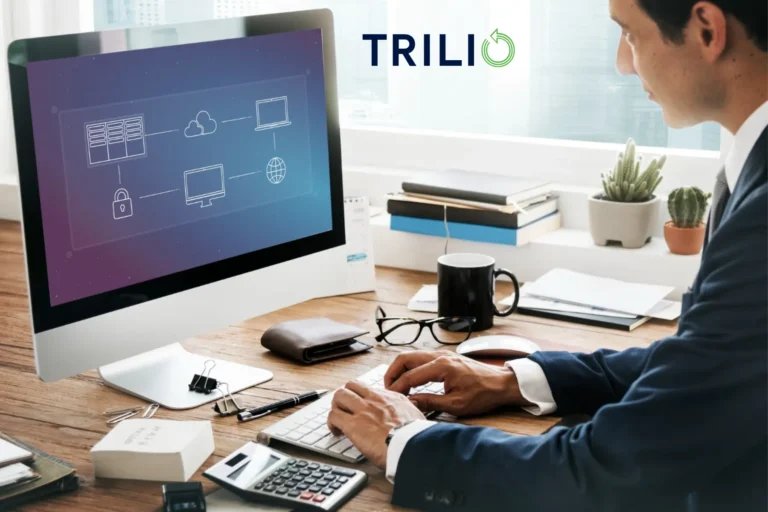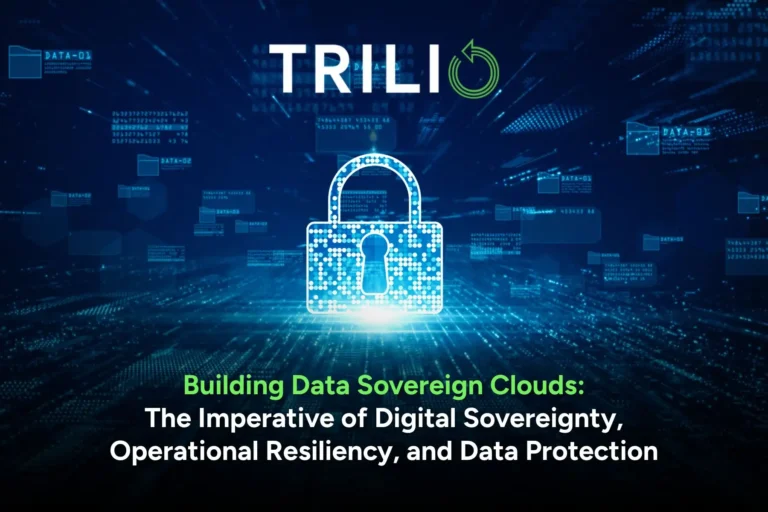In recent years, the topic of enterprise data protection has surged to the forefront of corporate concerns. This surge is driven by an escalation in legal frameworks and an expanding digital footprint of businesses. As enterprises evolve, they encounter unique challenges such as maintaining visibility over sprawling digital assets, grappling with mixed controls in third-party hosted applications, and navigating the shared responsibilities in cloud services. These challenges underscore the critical need for effective enterprise data protection solutions.
Enterprise Data Explained
Enterprise data is the core information that keeps a business running. It includes everything from customer details and sales data to secret company plans and product designs. This data is essential because it helps make big decisions, keeps customers happy, and gives a company its edge over competitors. If this data gets lost or stolen, it can cause serious problems, damaging the company’s reputation or legal issues.
Protecting enterprise data isn’t just about keeping it safe from hackers or unauthorized access (which is what data security does). It’s also about making sure you can always get to your data and that it’s correct and complete. This is what we call data protection. It’s like having a backup plan – if something goes wrong, like a data center crash or a virus attack, you can still recover your important data and keep your business running smoothly. In simple terms, while data security is all about locking your doors to keep thieves out, data protection is having a safe place to store a spare key and important documents, just in case. Both are very important for taking good care of your business’s vital information.
In this article, we explore the factors that can make or break your enterprise data protection strategy and how to select the right tool for your company’s needs.
Choosing the Right Enterprise Data Protection Solution
Navigating through the options for enterprise data protection solutions can be overwhelming. Here’s a breakdown of key factors to consider.
Visibility: The Clear View Advantage
A good enterprise data protection solution should offer comprehensive visibility across your networks and systems. This means you can monitor data flow, access patterns, and potential vulnerabilities in real time. For example, a dashboard that shows real-time data access across different departments helps in quickly identifying unusual activities, preventing potential breaches.
Adaptive Security: Evolving Protection for Evolving Risks
As cyber threats aren’t going anywhere anytime soon, on the contrary, they are becoming more sophisticated and harder to trace, a static solution won’t suffice. Your enterprise data protection should be like a smart security system, one that adapts and updates itself to tackle new threats. For instance, a solution that utilizes machine learning to identify and respond to new types of malware offers a proactive level of protection, rather than just reacting after a breach has occurred.
Data Recovery Capabilities: Preparing for the Worst, Effortlessly
In the event of data loss, quick and efficient recovery is paramount. Your chosen solution should be as a well-trained emergency response team – fast, efficient, and reliable. Look for features like point-in-time recovery, which allows you to restore data to a specific moment before it was compromised or lost. This capability not only minimizes downtime but also ensures minimal disruption to business operations.
Learn how to automate your data protection and how Trilio can help minimize downtime, avoid data loss, and meet your SLAs with ease.
Cost Efficiency: Maximizing Value
More expensive doesn’t always mean better. It’s all about finding a solution that offers the best value – high-level protection without breaking the bank. Consider solutions that offer flexible pricing models, which can be more convenient for small to medium-sized enterprises. This approach ensures you only pay for what you need, allowing for scalable protection that aligns with your business growth.
User-Friendly: Because Time is Precious
A user-friendly interface in data protection tools is like having a good map on a complex journey. It should simplify your tasks, not complicate them. For example, if you need to recover critical data, a straightforward, intuitive interface can make this process much faster, reducing stress and saving valuable time. Look for solutions with clear dashboards and straightforward processes – where a few clicks can achieve what you need.
Regulatory Compliance: Staying on the Right Side of the Law
Ensuring compliance with data protection laws, such as GDPR or HIPAA, is crucial for modern businesses. Choose a solution that helps you keep up with these requirements. Think of it as having a knowledgeable guide to help you navigate a complex legal landscape. The right solution will not only protect your data but also ensure you’re not inadvertently crossing legal boundaries.
Flexibility: Adding a Personal Touch to Protection
Every enterprise is unique, and so are its data protection needs. A one-size-fits-all solution rarely fits anyone perfectly. A solution that offers customization options, such as setting specific data retention policies or customizing access controls, can be tailored to fit your unique business requirements. For example, being able to adjust the backup frequency according to the criticality of different data sets ensures that your most sensitive data is always up-to-date and secure.
Reliable Support: The People Factor
Choosing a solution isn’t just about the software; it’s also about the people behind it. Good support can make the difference between a quick fix and a prolonged problem. Imagine if you encounter an issue during a critical data recovery process. Having direct access to knowledgeable support can guide you through swiftly, minimizing downtime. Look for solutions that offer comprehensive support – consider 24/7 availability or dedicated account managers.
Conclusion
The journey to select the best enterprise data protection solutions is intricate but crucial. As businesses continue to digitize and evolve, so too do cyber threats, making the need for effective data protection ever more pressing.
Trilio sets a new standard in enterprise data protection, aligning with NIST and NCCoE cybersecurity frameworks and offering robust defense against ransomware. Discover how Trilio’s backup and disaster recovery capabilities can transform your data protection strategy from day one.
FAQs
Why has enterprise data protection become so important in recent years?
The growing importance of enterprise data protection is fueled by two key trends: the increasing passing of stringent data protection laws and regulations, and the increasing reliance on digital systems and data across all aspects of business operations. This means companies need to not only safeguard sensitive information but also ensure they can demonstrate compliance with complex legal frameworks.
What are some of the biggest challenges enterprises face when implementing effective data protection solutions?
Enterprises often struggle with maintaining a clear overview of their expanding digital assets, especially as data gets stored in various locations, including third-party hosted applications and cloud services. Another challenge is the complexity of managing data access and security in shared cloud environments where responsibilities are split between the company and the cloud provider.
What adaptive security features should be prioritized in enterprise data protection solutions?
Adaptive security solutions should evolve with emerging threats, using technologies like machine learning to proactively identify and mitigate new malware or vulnerabilities. Instead of relying solely on reactive measures, these features enable systems to update automatically, reducing the risk of exploitation from sophisticated cyber threats.
How does Trilio help enterprises achieve compliance with data protection regulations?
Trilio is designed to align with industry standards and regulatory frameworks. This alignment, along with robust data protection features, makes Trilio a valuable tool for enterprises seeking to maintain compliance with GDPR, HIPAA, and other relevant regulations.




